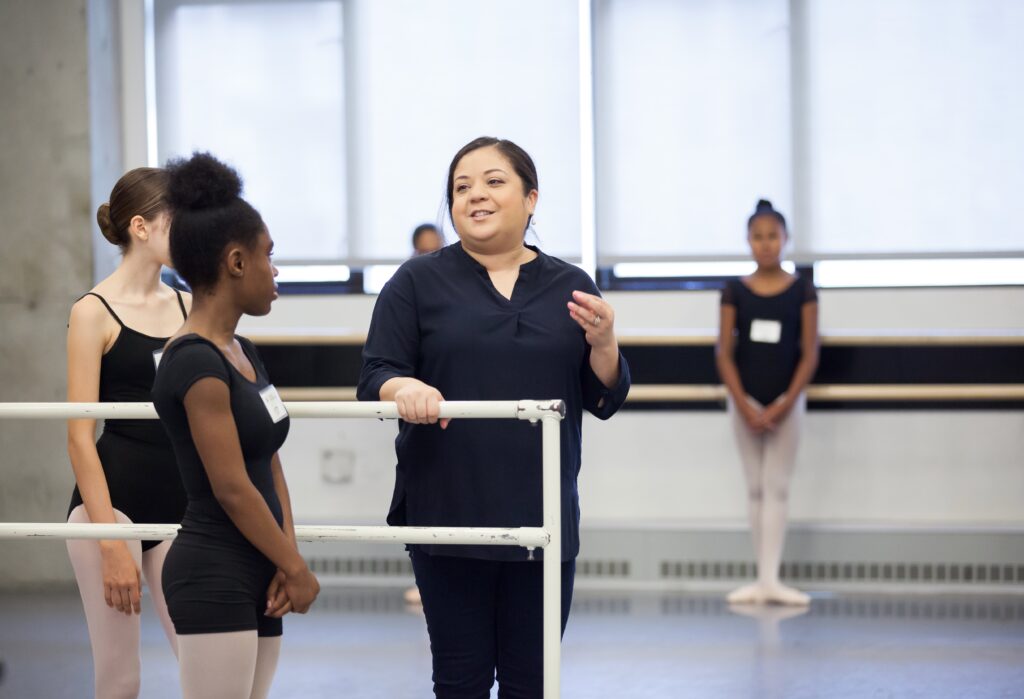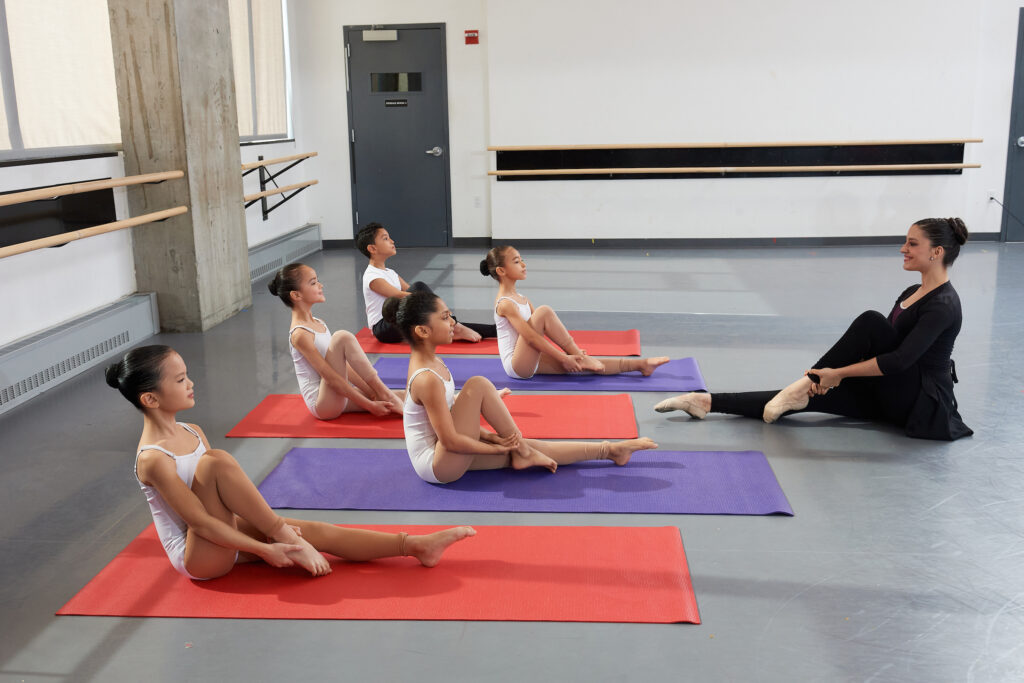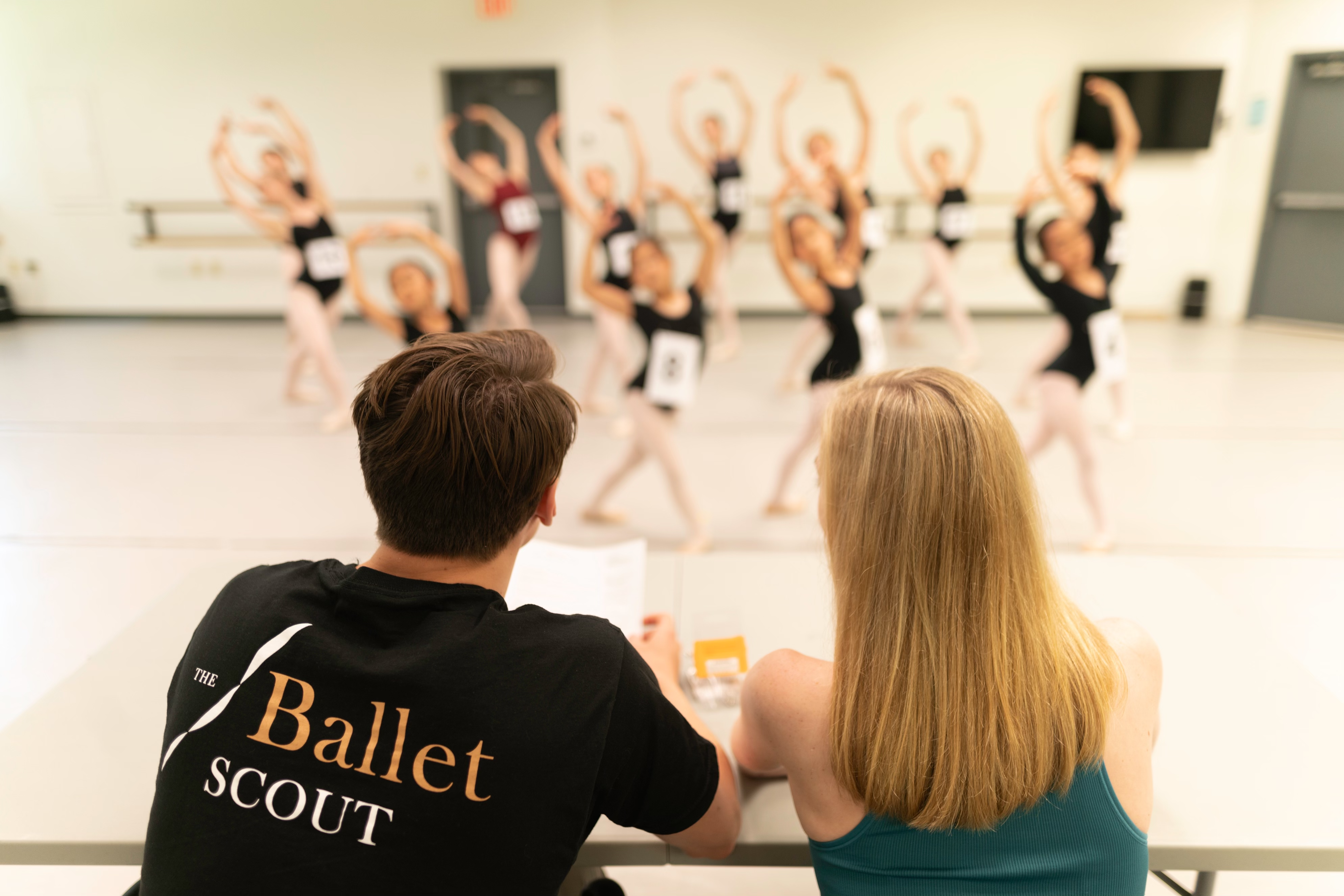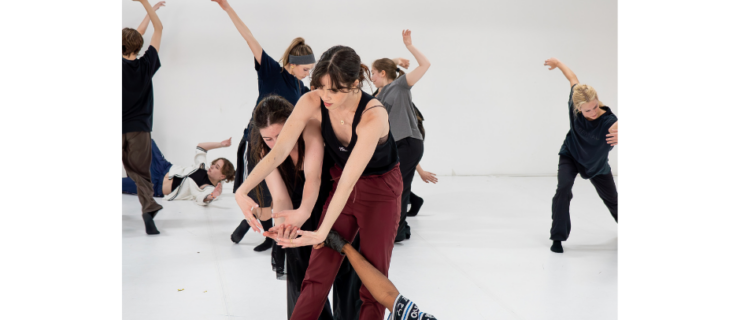Cost-Effective Planning for Summer Audition Tours
Come winter, many dance students find themselves in a similar situation: It’s time to start thinking about summer intensives, but their list of prospective programs reads like a cross-country tour. How can they make it to auditions in New York City, San Francisco, Houston, and Chicago—especially when the audition fee is just the tip of a financial iceberg that also includes plane fare and hotel rooms?
The Virtual Advantage
Before the coronavirus pandemic, auditioning in person was the norm. But now, many summer programs offer a video option. “We’ve always looked at video submissions,” says Michelle Manzanales, director of Ballet Hispánico’s School of Dance. “But during COVID time we sharpened our skills, because we went from just a few video submissions to a lot of video submissions.”
While nothing will replace being in person, Manzanales says, there are certainly advantages to auditioning via video. “You can do multiple takes, and really try to send your best,” she says. Robert Fulton, co-founder of the audition, training, and job database The Ballet Scout, adds that if you do decide to go the video route, spending money on a professional videographer isn’t necessary. “You can use apps for editing, and you can use your phone for the photos and videos,” he says.

Maximize Your Time
If you do have your heart set on auditioning in person, there are plenty of ways to get the most out of your investment. “There are a lot of different group auditions coming out nowadays,” says Fulton. “There’s the National Summer Intensive Audition tour, and the National Master Audition, which has 13 different companies attending.” Manzanales adds that Ballet Hispánico participates in the Regional Summer Intensive Audition at the Center of Creative Arts in St. Louis and Scouting Dance México, just a few of the other opportunities out there to be seen by many schools at once.
Manzanales also says that you may already be attending events throughout the year—like competitions, conventions, and master classes—that can count as summer intensive auditions. For example, last year New York City Dance Alliance handed out scholarships for Ballet Hispánico’s summer programs at each of their conventions, and Manzanales gave out scholarships after teaching a master class for the American College Dance Association Northeast Region. “Sometimes those things aren’t as widely publicized,” she adds. “But look and see if there are opportunities for things you’re already going to with your school that you can take advantage of.”
Travel Smart
If you’re not used to life in a big city but have your heart set on a four-week program in Miami or Toronto, Manzanales believes that there can be a lot of value in visiting a location before committing. If you do plan on traveling a long distance to audition, Fulton recommends carpooling and sharing a hotel room with a friend or classmate to cut costs.
If you know you’ll be in a certain city on a given weekend, find out what other auditions are happening then that you can attend. Some websites, for example, can help you search for auditions by time frame and location. “You are totally fine to do multiple auditions in one day and in one weekend,” says Fulton. “If you are used to dancing three or four hours a night, that’s two audition classes back-to-back.”

Be Your Own Advocate
When planning your summer intensive audition season, both Manzanales and Fulton suggest using your networks—and asking for help. “You can reach out to a school. It does not hurt,” says Fulton. “A lot of times they’ll waive an audition fee, or maybe connect you with a helpful family who would be able to provide housing.” Manzanales also frequently sees dancers make their own peer-to-peer connections on social media.
Manzanales says students have more power than they think. “Exercise your student voice,” she says. “Let your current directors know the schools you’re interested in, and even if they don’t have a connection, if the director reaches out, that might be a new relationship for them to forge for their students that can be very beneficial.”





